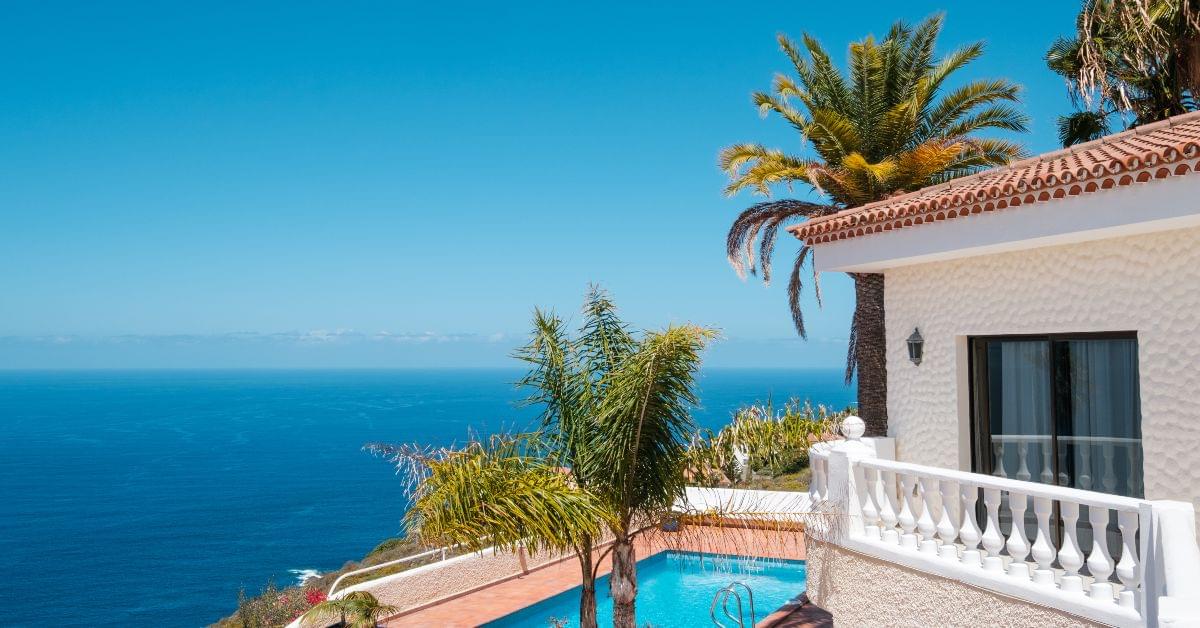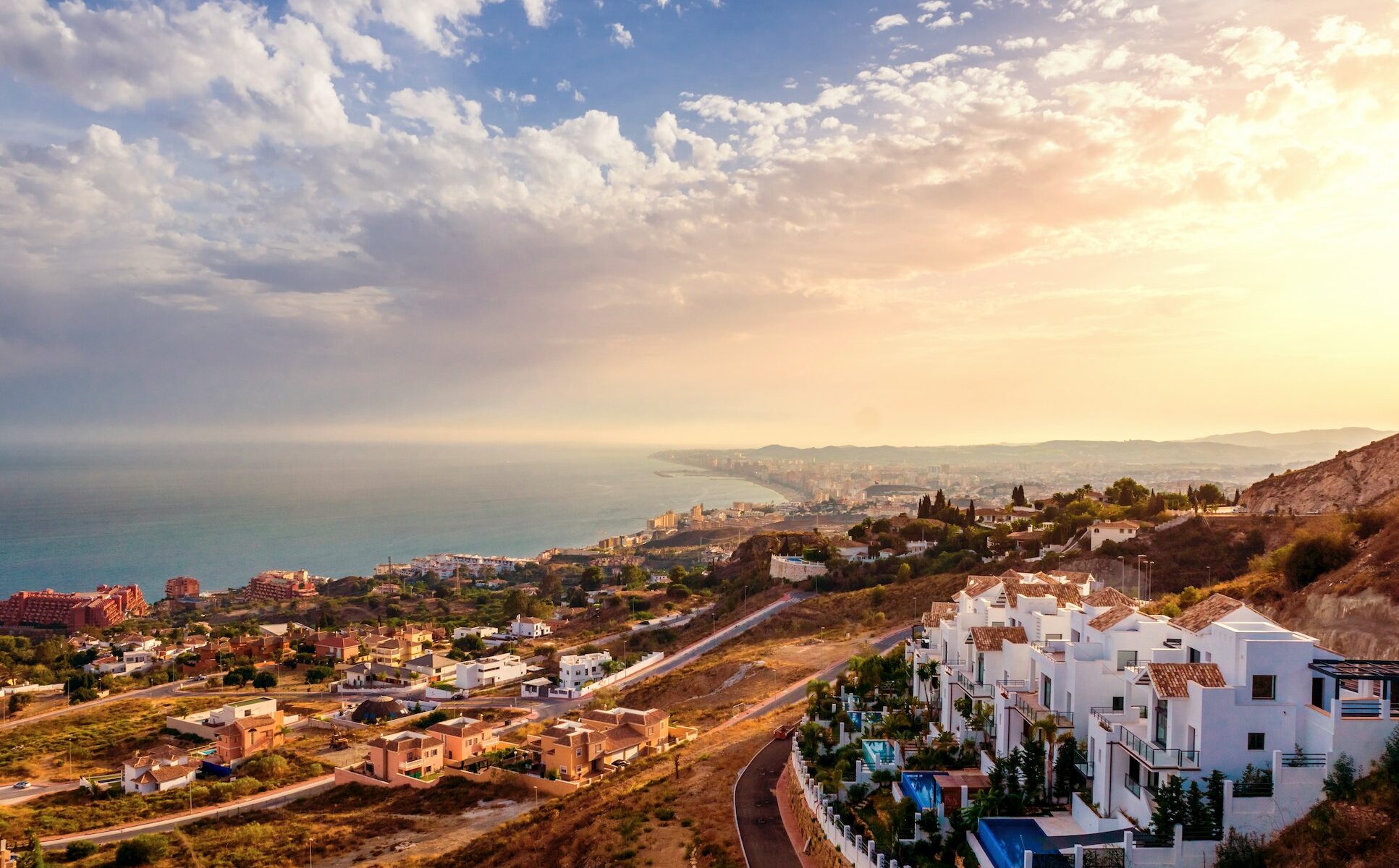Acquiring a second home in the sun-kissed realms of Spain is a venture many dream of. A haven away from the hustle and bustle, or perhaps a prudent investment – the reasons vary but the charm remains. The Spanish property market, with its vast array of second-home buyers, both local and international, entices with its promise of a picturesque locale and unparalleled quality of life. But what exactly does it entail financially to secure a second dwelling in this vibrant nation?

Embarking on the quest to buy a second home often foments questions about the fiscal implications – from taxes to deductions and the investment's worth. Let's simplify the intricate web of costs associated when you decide to invest in your Spanish escapade.
The Taxing Affair of Purchasing a Second Home
Property Transfer Tax and VAT
The Spanish tax system distinguishes between second-hand properties and new builds when it comes to taxes. For second-hand homes, you’re required to pay the Property Transfer Tax (ITP), which is between 6% to 10% based on the autonomous community's legislation. On the other hand, new properties incur Value Added Tax (VAT), set at 10%, along with 1% to 1.5% for the Documented Legal Acts Tax (AJD). These taxes are non-negotiable and a significant portion of your budget should be allocated for them.
Additional Expenses
Beyond taxes, the path to homeownership is paved with additional costs. Notary fees, registration fees for making it all official, management fees to handle the processes, and potential bank commissions all add weight to your financial outlay. Each has its own scale but typically, they all contribute to adding around 1% to 2% cost on top of the property price.
The Recurring Costs of Second Homeownership
Once you’ve leapt over the initial financial hurdle and possess the keys to your new abode, ongoing costs become a part of your annual budgeting.
Community Fees
Should your residence boast communal luxuries, such as a shared pool or gardens, this comes at a price. Community fees maintain these shared perks and their costs hinge on the services provided.
Real Estate Tax (IBI)
The Real Estate Tax (IBI) is an annual fee that differs across districts. It's essential to note that as a second home, the tax may surpass the rate of primary residences as some local councils extend discounts for the latter.
Upkeep: A Necessity
The practicalities of maintaining a property can't be ignored. Repair funds, general maintenance, utilities, and insurance to shield against unforeseen events are continuous financial commitments you must be prepared for.

The Second Home and Tax Authorities: An Enduring Relationship
Owning a second home ties you to tax obligations each year – the evident one being the IBI. But if you choose to transform this residence into a profitable rental, expect to declare this income annually and understand that the tax rate can be sizeable, ranging up to 45%. However, maintenance costs and community fees can be claims on your tax return, easing the fiscal load.
Deductible Expenses: A Silver Lining
Spanish law allows certain expenditures to mitigate your tax dues. Mortgage interest stands out as a significant deductible when certain conditions are checked off. Banking fees, notarial costs, even registration fees associated with the acquisition can slot into your IRPF deductions.
However, not all expenses can be. The primary purchase taxes like ITP or VAT aren't directly deductible, but they form part of the acquisition value which aids in calculating future capital gains.
A Change of Scenery: The Second Home as a Primary Residence
Spanish regulations offer the possibility of reclassifying your second property as your residential hub – the primary residence. It requires living there for at least 183 days yearly and having it as the central node of your economic and family web. This switch can reveal tax deductions and lower IBI rates, bolstering the incentive to make such a shift.
Profitability: An Investment Viewpoint
Is a second home a wise investment? Opinions sway. While the investment brings leisure and lifestyle perks, the upkeep costs demand careful contemplation. Rentals, especially holiday rentals, can offer an appealing revenue stream, countering maintenance expenses.
Before embarking on this investment journey, a thorough financial breakdown is indispensable. Ensuring that the running costs align with your capabilities, while also gauging the property's utility against other potential investment options is crucial.
The Verdict
Spain's allure for second homeowners remains undiminished. Recognizing the financial aspects and preparing accordingly can transform your Spanish property dream into a delightful reality, rich with personal joy and potential monetary gain. Whether for leisure or investment, understanding these fiscal foundations is the first step towards successful second home ownership in Spain.